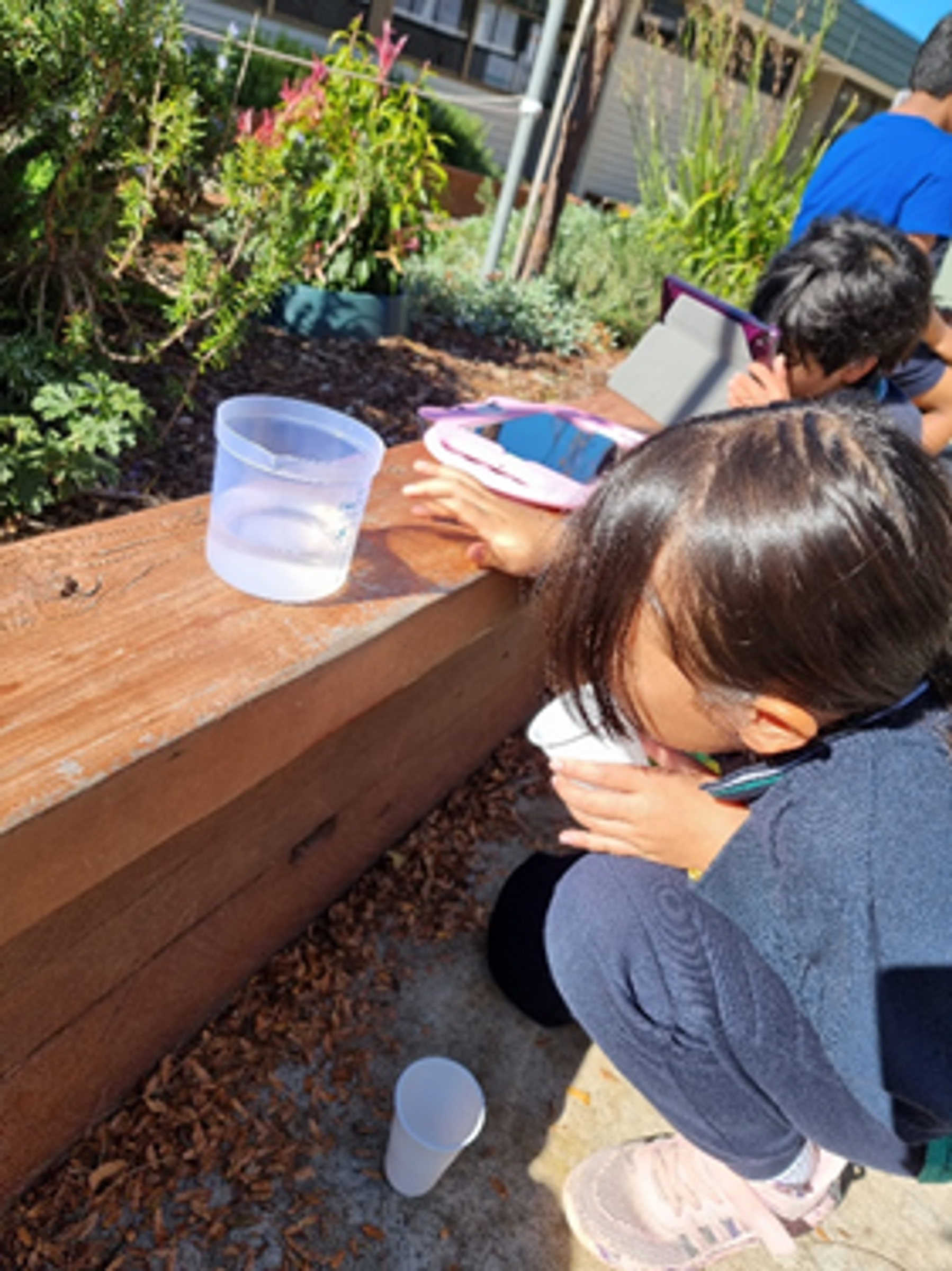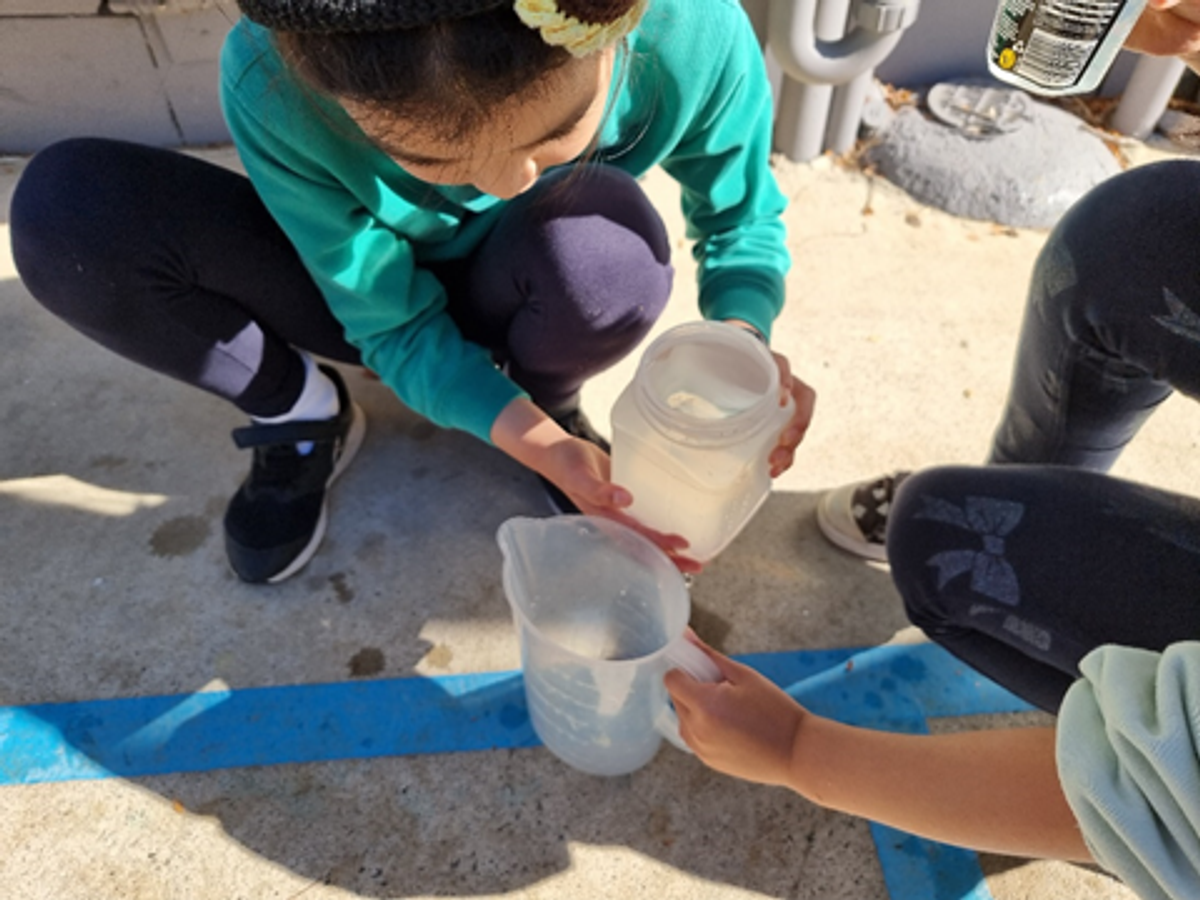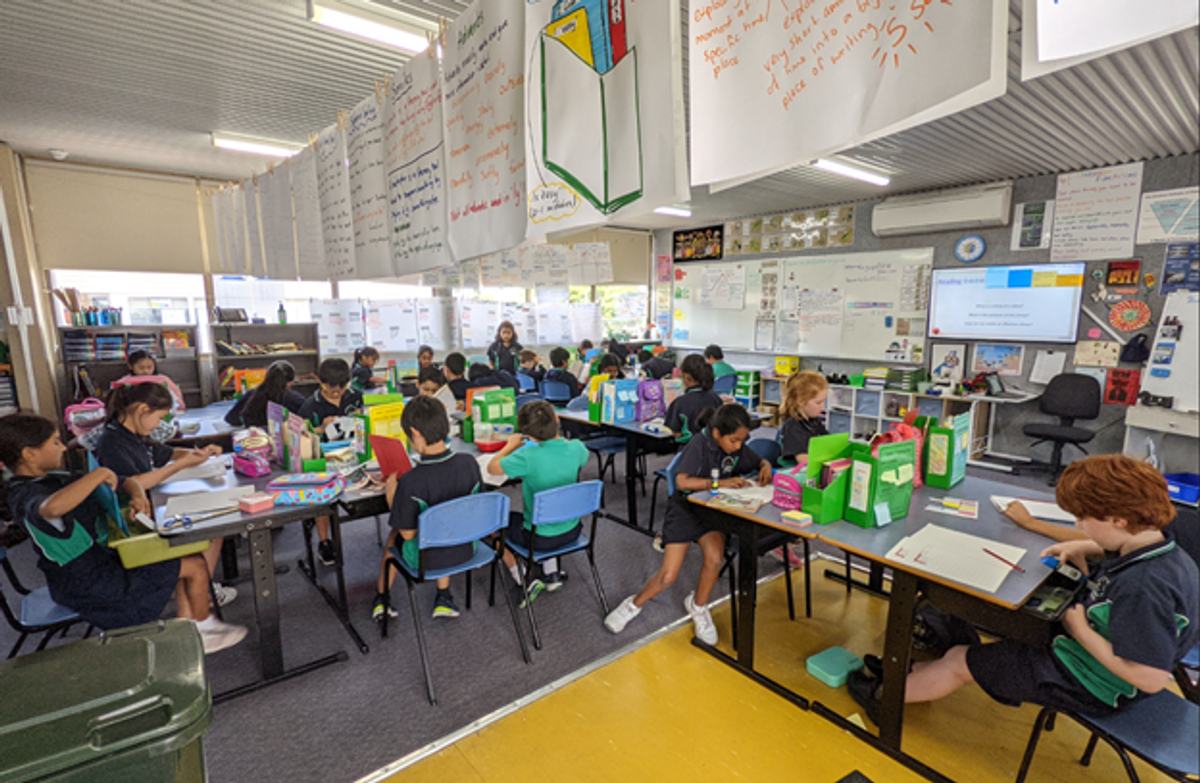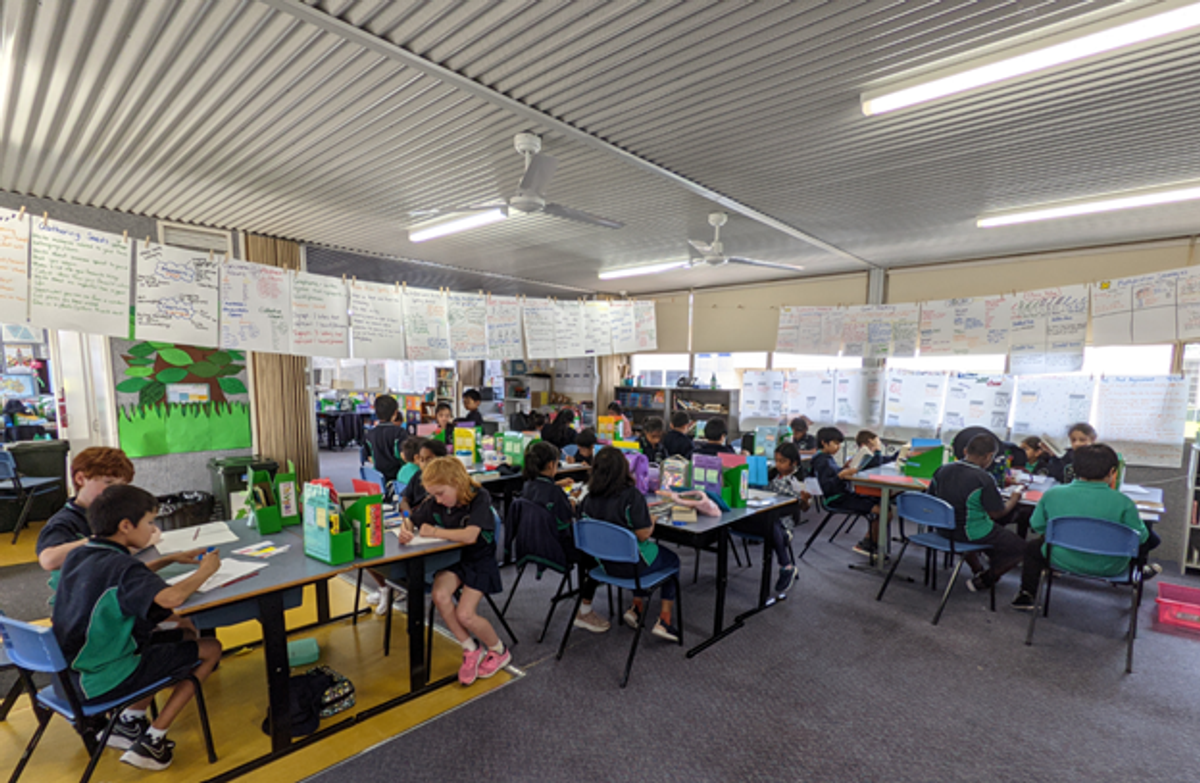Term 2 – Level 4

Reading
In Reading, throughout Term Two, Level 4 learners will be focusing on analysing both fiction and non-fiction texts. During our poetry unit, learners will be exploring different poetry types, analysing the themes, narratives and the messages within them and how the author has conveyed these. This will also extend to a global lens where learners will have the opportunity to unpack, analyse and compare poems from other cultures. Additionally, learners will be focusing on identifying the main idea and supporting details during reading. Through this, they will be learning the skill of paraphrasing information that they have read and further transfer into their writing of information reports. Learners will also continue to develop their personal reading goals that align with our CAFÉ strategies. They will develop these skills through collaboration with their peers to promote Speaking and Listening as well as through individual conferencing.
Writing
This term in Writing, we are learning to create different types of poetry. Learners will be investigating the elements and features of poetry in reading and transferring this into their own poems. They will be provided with opportunities to apply their understanding of emotive and descriptive vocabulary, as well as the impact poetry can have on the reader. Level 4 learners will also be creating Information Reports. Students will be analysing a variety of information reports in reading and transfer their knowledge of structure, topic sentences and language features into their information reports. We will continue working through the VOICES framework with a focus on Organisation, Conventions and Excellent Word Choice, and learners will have one session per week with personal, sustained writing.
Below is a list of personalised goals from our VOICES menu that your child may choose to focus on in order to enhance their learning;
- The purpose of my writing it clear and my point of view comes through - Voice
- My writing is organised according to genre structure – Organisation
- I used details that draw upon the five senses (sight, touch, taste, smell, hearing) - Ideas
- I have checked my spelling – Conventions
- If I tried a new word, I checked to make sure I used it correctly - Excellent Word Choice
- My sentences flow easily from one to the next and I have phrases that sound smooth when I read them aloud
Below are suggestions on how you can support your child at home:
- After your child has completed their reading ask them what the main idea and supporting details of the book are
- Share poems from your childhood or from your culture and discuss the features and language within the poem E.g. Figurative language such as similes and metaphors
- Encourage your child to read a variety of books (both fiction and non-fiction) from a range of different authors
- Listen to your child read and ask them questions about the text
Spelling
In Spelling, learners will continue identifying and inquiring into their personalised words from misconceptions in their writing pieces. This will allow learners to gain a deeper understanding of spelling patterns and strategies. There will be a focus each week and we are currently exploring digraphs and trigraphs and their different representations. At home, you can ask your child what they have learnt from their individual spelling inquiries, and how they are applying their personalised words and practicing them during Home Learning opportunities.
Mathematics
In Mathematics, we will be investigating Statistics and Probability. Learners will be exploring how data can be collected, such as through surveys and observational data. Students will analyse data sets and represent these through a variety of graphs. Level 4 learners will be deepening their understanding of volume and capacity within Measurement and Geometry. They will also be exploring fractions and decimals within Number and Algebra.
To support your child at home with their Mathematics learning, you may find the following real-life tasks helpful:
- Ask your child to estimate the volume/capacity of objects around home e.g. Containers in the fridge, during meal times, washing dishes, lego building, vases, boxes, etc.
- Calculate or measure the volume or capacity of a variety of the above objects around the home
- Use scaled instruments during cooking or baking e.g. measuring cups or jugs
- Use real life data representations such as water or electricity bills - discuss the features of the graph and what important information is telling you
- Estimate and calculate decimals and fractions when shopping, cooking, measuring, filling up the petrol tank, reading an analogue clock etc.
Inquiry
During inquiry learning this term, learners will be investigating the question, “How can chemicals be used sustainably?” The children will be exploring how to make sustainable choices and the impact that chemicals can have on the world around us. A key element of our inquiry will also involve transferring and thinking deeply about our Sustainable Development Goal 11 of ‘Sustainable Cities and Communities’. We look forward to encouraging your children to develop deep questions to be investigated in regards to sustainability.
To support your child at home, you may find the following tasks helpful:
- Investigate everyday chemicals found within your home
- Reflect on what chemicals are being used in your environment/local community
- Discuss what some possible natural alternatives could be
- Explore ways to be more sustainable in your day-to-day living
YCDI
Our YCDI focus this term is to explore the data from our Student Perspective Survey that was conducted in Term 1 and to focus our attention on the Student Voice that is prevalent throughout the data. There was a common thread of Respect and Challenge coming through the data which links to our School Value of Respect and our 2021 Foci of ‘Curiosity through challenge’ and ‘Explore new possibilities. The children will explore self-respect, respect in the classroom and respect in the wider community. The Year 4 classes will further explore the importance of seeking challenge in all of their learning opportunities. We will discuss what asking and accepting challenge looks and sounds like.




